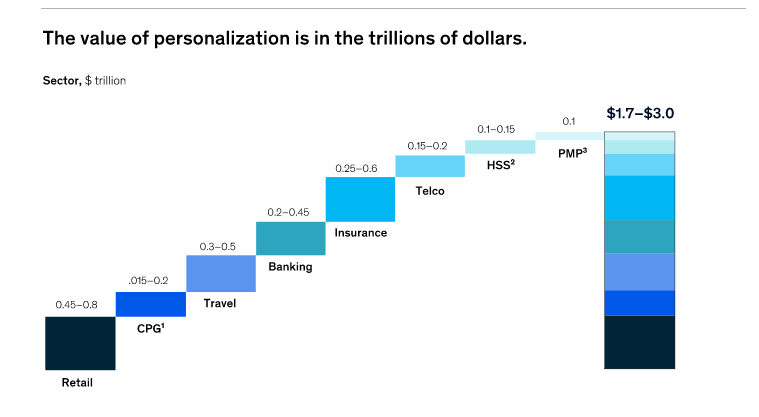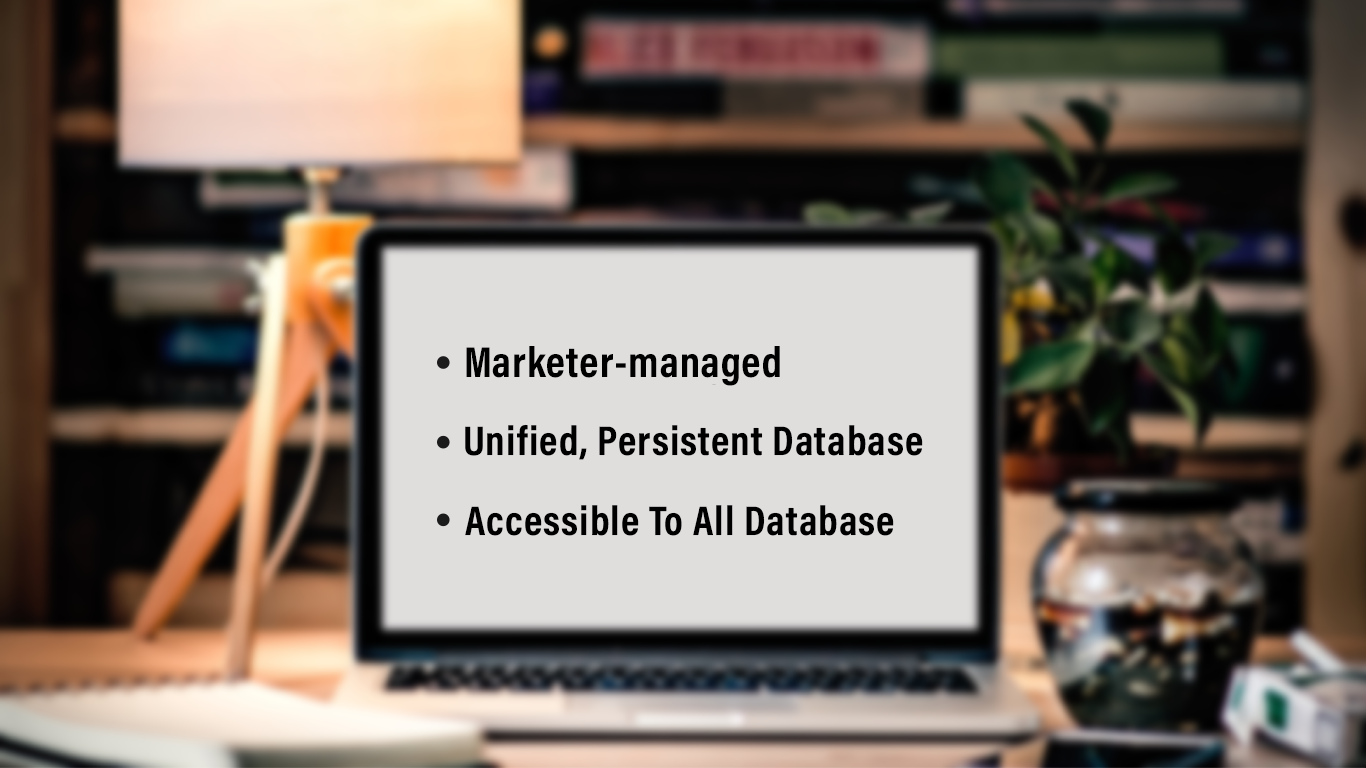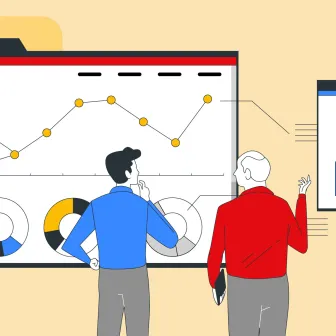
Customer data platform provides a single view of all your customer data by gathering data from multiple sources. It gives you unique insights into the transaction and behaviour of the customers. Some of the CDPs may also provide other functions like marketing performance measurement analytics, content marketing, predictive modeling, or enterprise campaign management.
Customer data platforms have emerged as the most popular technology to unveil the value of market segmentation and personalisation at scale. Today, personalisation at scale holds the potential to create $1.7 trillion to $3 trillion in new value. Along with earning the trust of the customers and protecting their data, capturing this data will require mastering the technologies which create complexities and require a lot of coordination.

Personalisation has become one of the major expectations among consumers. They consider brands that provide personalisation. It has also been observed that it increases customers’ loyalty.
Personalisation does more than just keeping the customers happy. Studies have shown that companies that use personalisation have a faster growth in comparison to those who don’t and there is also a lift in business results. Every business wants to grow in value and deliver a valuable experience to its customers. Personalisation has made it possible.
Before we explore how customer data platforms play a vital role in delivering personalisation at scale, it’s important that we take a quick look at its key operations.

A CDP is mainly dedicated to marketers and can highly personalise marketing strategies. It is built quickly, at a lower cost and also less risk of failure. It is designed to meet all the requirements of a customer database. It does not only aggregate the data but also puts relevant data out to other systems for use. Customer data platform is designed in a way that anyone can access the database it creates. This factor distinguishes a CDP from a product that uses customer data for their own use but does not expose it to other systems.
The ability to unify a profile is an important function for a CDP. We know that the CDP automatically unifies all the data from the source system into a record which includes every detail from a customer transaction to every like, view or conversation they have with a brand.

The automated processor of a CDP normalises the data to make it marketing ready. It is the process of transforming the system data from the source into something that makes sense to both marketers and customers.

The CDP passes the data to other systems for activation. Personalisation platforms add scripts to the websites to track user web behavior and use the data to personalize user experiences.

Conclusion
A successful personalisation strategy can lead your business to greater heights and increase value and trust in the eyes of the customer. Therefore it becomes one of the reasons why marketers across the world are considering personalization and customer data platforms. The CDP also enables brands to use the online data to personalise the offline experience.
It’s time to personalise your brand experience for your customers! Are you ready?
Subscribe
Related Blogs
Ecommerce And Data Analytics: Increase Your Sales

Are you seeking to achieve a greater return on investment while gaining a deeper understanding of ecommerce and data…
Customer Data Platform - A Complete Guide

It is often said that a customer is king. Have you ever wondered why? A customer, consumer, client or end user, whatever…

"Constant data breaches and scandals have brought new attention to Customer Data Platform (CDP) with the business Martech…




